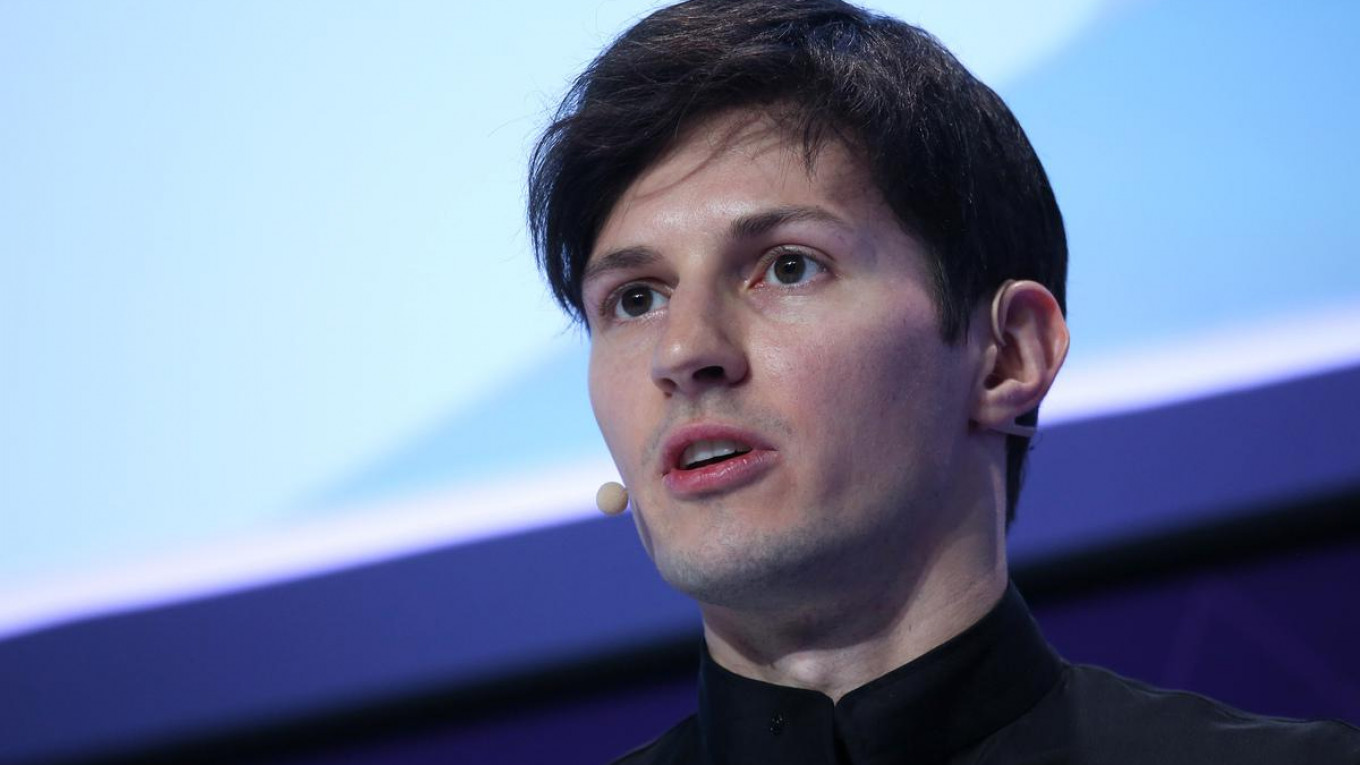Pavel Durov Exposes European Government’s Attempt to Muzzle Political Speech
19.05.2025 15:00 2 min. read Alexander Stefanov
Telegram founder Pavel Durov has revealed that he pushed back against pressure from a Western European government to censor political content on the messaging app in the lead-up to Romania’s presidential election.
In a strongly worded public statement, Durov suggested that a European country — subtly referenced with a baguette emoji — attempted to influence the platform’s content moderation policies by targeting conservative voices. He refused the request, calling it a contradiction of democratic values.
“You don’t defend democracy by eroding its core principles,” he wrote, stressing that real elections demand both transparency and freedom of speech.
Durov, who has long advocated for digital privacy and free expression, has built Telegram into a widely used platform in the crypto and tech communities — particularly for its commitment to user autonomy.
This isn’t the first time Durov has clashed with European authorities. In August 2024, he was briefly arrested in France under circumstances that drew backlash from crypto advocates and free speech defenders. Critics called it a politically motivated move designed to pressure Telegram into tighter censorship, a claim the French government denied.
Following Durov’s detention, Rumble CEO Chris Pavlovski — who also faced regulatory threats — announced his exit from the EU, citing similar concerns over growing hostility toward platforms that resist state-imposed content controls.
Durov has since reiterated that Telegram follows the law when handling legitimate requests from law enforcement and maintains a legal representative in France. However, he accused French authorities of circumventing this process by issuing an arrest warrant instead of pursuing the proper legal channels.
As debates over speech, elections, and digital rights intensify across Europe, Durov’s stance has become symbolic of a broader fight between centralized regulation and decentralized expression in the age of global platforms.
-
1
Peter Schiff Warns of Dollar Collapse, Questions Bitcoin Scarcity Model
12.07.2025 20:00 1 min. read -
2
Binance Founder Says Bloomberg’s USD1 Report is False, Threatens Lawsuit
13.07.2025 8:30 2 min. read -
3
Binance CEO Issues Urgent Crypto Security Reminder
09.07.2025 17:30 2 min. read -
4
Top 7 Crypto Project Updates This Week
19.07.2025 18:15 3 min. read -
5
EU Risks Falling Behind in Digital Finance, Warns Former ECB Board Member
06.07.2025 13:00 2 min. read
SEC Delays Ruling on Truth Social Bitcoin ETF amid Growing Trump-linked Crypto Activity
The U.S. Securities and Exchange Commission (SEC) has postponed its decision on the Truth Social Bitcoin ETF, a crypto investment product filed by Trump Media & Technology Group, operator of the Truth Social platform.
TRON Inc Files $1 Billion Mixed Shelf Offering With SEC
TRON Inc., a blockchain-based technology firm incorporated in Nevada, has officially filed a Form S-3 with the U.S. Securities and Exchange Commission (SEC) to initiate a mixed shelf offering of up to $1 billion.
Robert Kiyosaki Warns of 1929-Style Crash, Urges Bitcoin Hedge
Financial author Robert Kiyosaki is once again sounding the alarm on America’s economic health.
China and U.S. Plan Trade Truce Extension Before Talks: How It Can Affect Bitcoin
The United States and China are expected to extend their trade truce by 90 days. The extension would delay new tariffs and create space for fresh negotiations in Stockholm.
-
1
Peter Schiff Warns of Dollar Collapse, Questions Bitcoin Scarcity Model
12.07.2025 20:00 1 min. read -
2
Binance Founder Says Bloomberg’s USD1 Report is False, Threatens Lawsuit
13.07.2025 8:30 2 min. read -
3
Binance CEO Issues Urgent Crypto Security Reminder
09.07.2025 17:30 2 min. read -
4
Top 7 Crypto Project Updates This Week
19.07.2025 18:15 3 min. read -
5
EU Risks Falling Behind in Digital Finance, Warns Former ECB Board Member
06.07.2025 13:00 2 min. read


